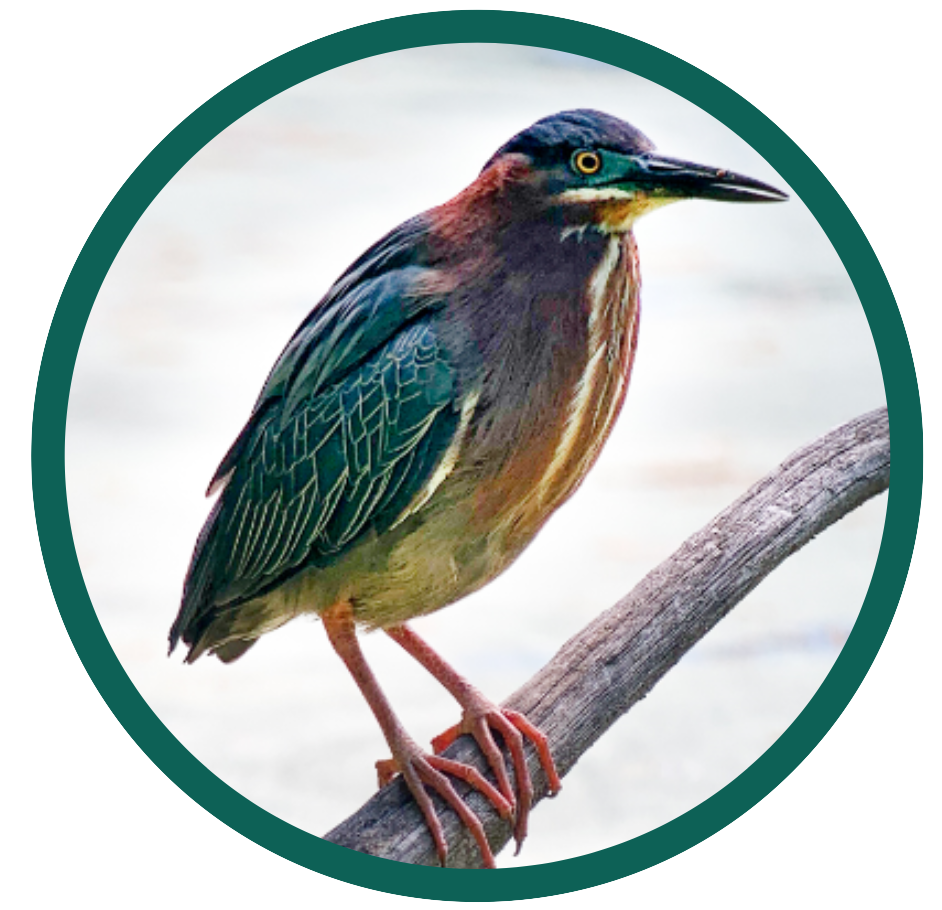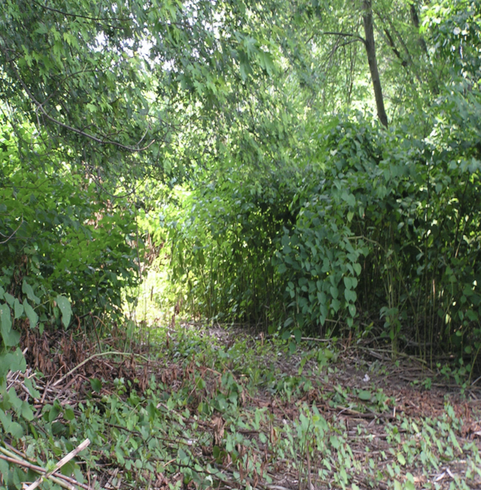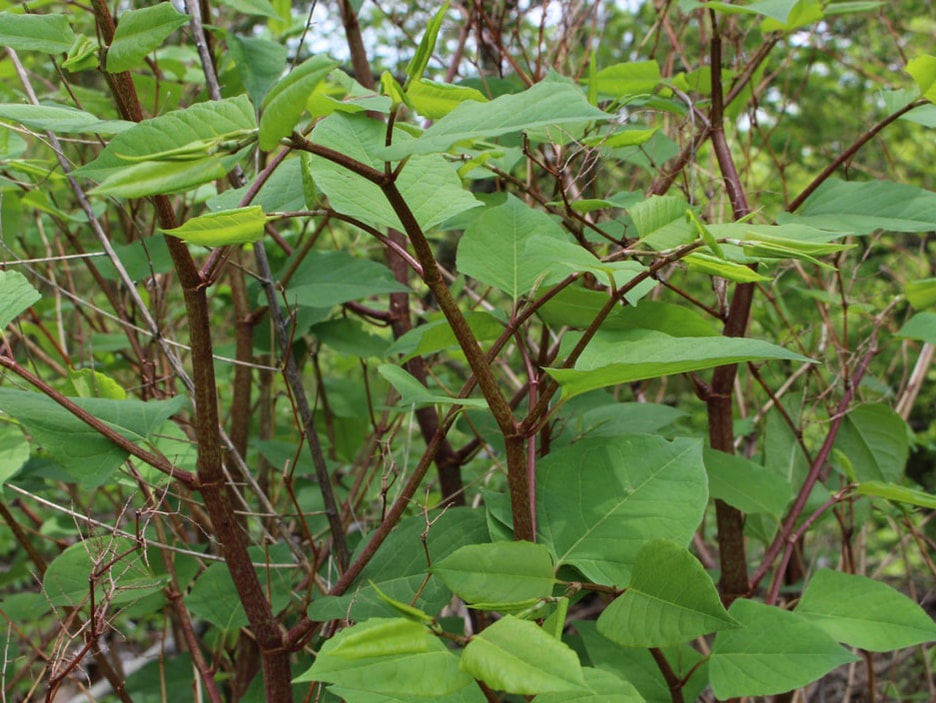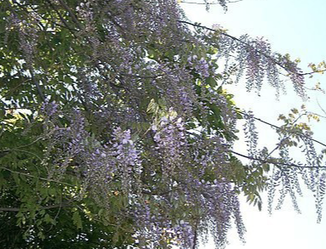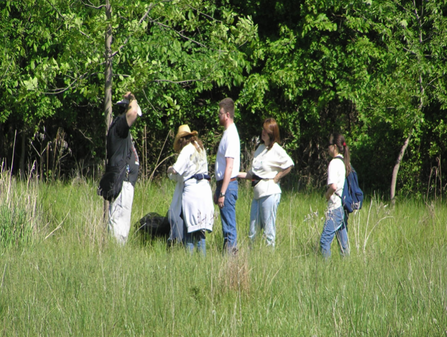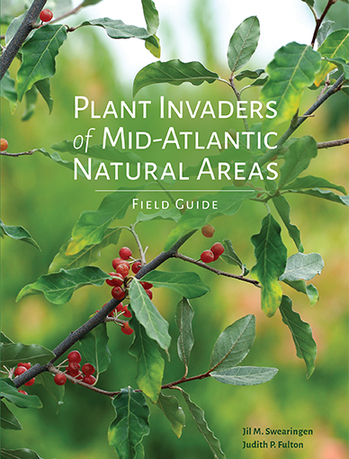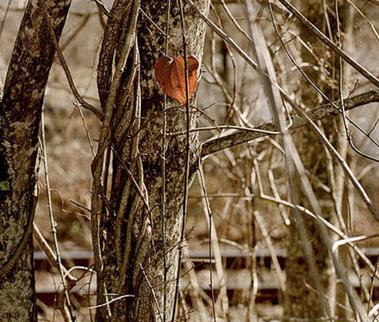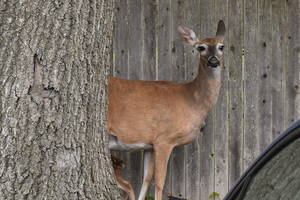|
The Problem with Invasive Species
by Phil Round Invasive species are usually plants and animals that have been introduced into environments where they had never been before. Wisteria and Japanese Knotweed, in particular, are abundant and troublesome in Brightwood.
|
The Invasive Challenge at Brightwood Park
#1 Japanese Knotweed
|
#2 Wisteria
|
What can be done about invasive plant species?Different invasive plants can be controlled or minimized by various techniques. Experts in the field have experimented with various techniques with the objectives of gaining control with minimum damage or contamination to the environment and selective encouragement of native plant species. The overall approach is often described as “Habitat Restoration” but a key element of any approach must include a management strategy to limit the number of deer. . 7/20/2020 |
Learn More
|
A Field Guide
Plant Invaders of Mid-Atlantic Natural Areas, Field Guide is a portable resource for both novice and expert. This practical book is intended for people interested in maintaining or restoring natural areas - from parks and preserves to residential landscapes. Managing invasive plants is crucial if we want our native plants and animals to thrive. Plant Invaders provides information on 92 aquatic and terrestrial invasive species threatening our region, guidance on control methods, discussion of the effects of climate change on invasive plants, explanations and maps of ecoregions and physiographic provinces, and suggestions for native plant alternatives.
|
Doug Tallamy Presentation on Invasive Species
now available for streaming
The video is now uploaded to our YouTube channel and can be found here: https://youtu.be/Lnndy3bO3UE
Also:
· Here is the site to find which plants are best for your area ranked by how many moths and butterflies it will host: https://www.nwf.org/NativePlantFinder/
· Here is the link to the Homegrown National Park: https://homegrownnationalpark.com
· Yellow LED light bulbs are available at Home Depot, Amazon and Ace to name a few - just google LED yellow bug light bulbs
· Info on Go Green Galloway: www.gogreengalloway.org
· Info on the Native Plant Society of NJ: http://www.npsnj.org/index.html
· Pat Sutton of Cape May has a great website - you can join her Gardening Gang: http://www.patsuttonwildlifegarden.com/welcome-to-our-new-website
Native Plant Nurseries:
Mays Landing: https://summersweetnativeplants.com/
Atlantic County: http://www.earthfirstnatives.com/
Columbus, NJ: http://www.pinelandsnursery.com/p/home-page.html
Port Murray NJ: https://wellsweep.com
Alpha NJ: https://wildridgeplants.com
Frenchtown, NJ: https://www.toadshade.com
Ottsville PA: https://www.kindearthgrowers.com
Native Plant Landscapers (recommended by viewers in our chat section):
Jared Rosenbaum. [email protected]
Walters Nursery in PA has a member of staff that specializes in native plant design
[email protected]
https://weatherwooddesign.com/about-us.php
https://www.coandesign.com/#home
now available for streaming
The video is now uploaded to our YouTube channel and can be found here: https://youtu.be/Lnndy3bO3UE
Also:
· Here is the site to find which plants are best for your area ranked by how many moths and butterflies it will host: https://www.nwf.org/NativePlantFinder/
· Here is the link to the Homegrown National Park: https://homegrownnationalpark.com
· Yellow LED light bulbs are available at Home Depot, Amazon and Ace to name a few - just google LED yellow bug light bulbs
· Info on Go Green Galloway: www.gogreengalloway.org
· Info on the Native Plant Society of NJ: http://www.npsnj.org/index.html
· Pat Sutton of Cape May has a great website - you can join her Gardening Gang: http://www.patsuttonwildlifegarden.com/welcome-to-our-new-website
Native Plant Nurseries:
Mays Landing: https://summersweetnativeplants.com/
Atlantic County: http://www.earthfirstnatives.com/
Columbus, NJ: http://www.pinelandsnursery.com/p/home-page.html
Port Murray NJ: https://wellsweep.com
Alpha NJ: https://wildridgeplants.com
Frenchtown, NJ: https://www.toadshade.com
Ottsville PA: https://www.kindearthgrowers.com
Native Plant Landscapers (recommended by viewers in our chat section):
Jared Rosenbaum. [email protected]
Walters Nursery in PA has a member of staff that specializes in native plant design
[email protected]
https://weatherwooddesign.com/about-us.php
https://www.coandesign.com/#home
|
On the Front Lines With America’s Plant Assassin Corps
To take out invasives, the US relies on crews wielding hatchets, chain saws, and herbicide. It’s a messy, fun job—but it may not be enough to stop the spread. |
